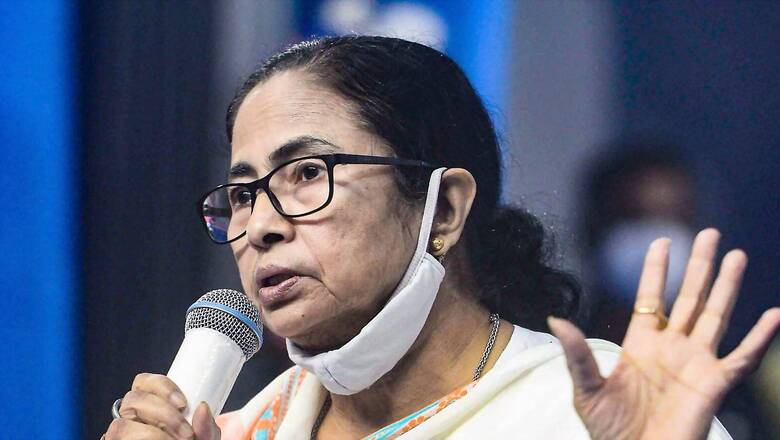
views
With many non-BJP states protesting the Centre’s proposed changes to the Indian Administrative Service (IAS) cadre rules, sources in the government say the move is due to the shortage of officers at the SP, DIG, IG level in different central agencies, which is “affecting the functioning”.
West Bengal chief minister Mamata Banerjee had written to Prime Minister Narendra Modi on Thursday to withdraw the proposed changes to the IAS cadre rules. She had previously written to him on January 13 requesting him to not go ahead with the proposal.
Banerjee, who is also in talks with non-BJP states on the matter, might seek a legal recourse.
According to the proposed amendment to the IAS (Cadre) Rules, 1954, which would allow the Centre to post IAS officers on central deputation, bypassing the state government’s concern.
Sources from the Department of Personnel and Training (DoPT) reveal that only 442 seats, nearly 41%, of the total 1,075 posts in the Central Deputation Reserve (CDR) quota have been utilised to date. For example, while the CDR quota for West Bengal for senior duty posts is 75, only 12 are on deputation. Around 40% of senior duty posts are reserved in the CDR quota.
The CDR quota is the maximum number of officers across the states cadres, which can be deployed at the central level.
The Centre had said it had urged state governments in the past to fill in the posts but they did not comply. At present, 314 posts at the IG, DIG and SP-levels are lying vacant in the Central Armed Police Forces (CAPF) and Central Police Organisation (CPO).
The DoPT had discussed this with the home ministry and a new suggestion of changing rules was initiated. The Centre has also proposed to insert a provision, which would allow an IAS officer be posted on central deputation with agreement to the state government concerned. Only in specific situations, for example, in the public interest, the Centre requires an IAS officer, then the state government will give an effect to the decision within a stipulated period.
Read all the Latest India News here


















Comments
0 comment